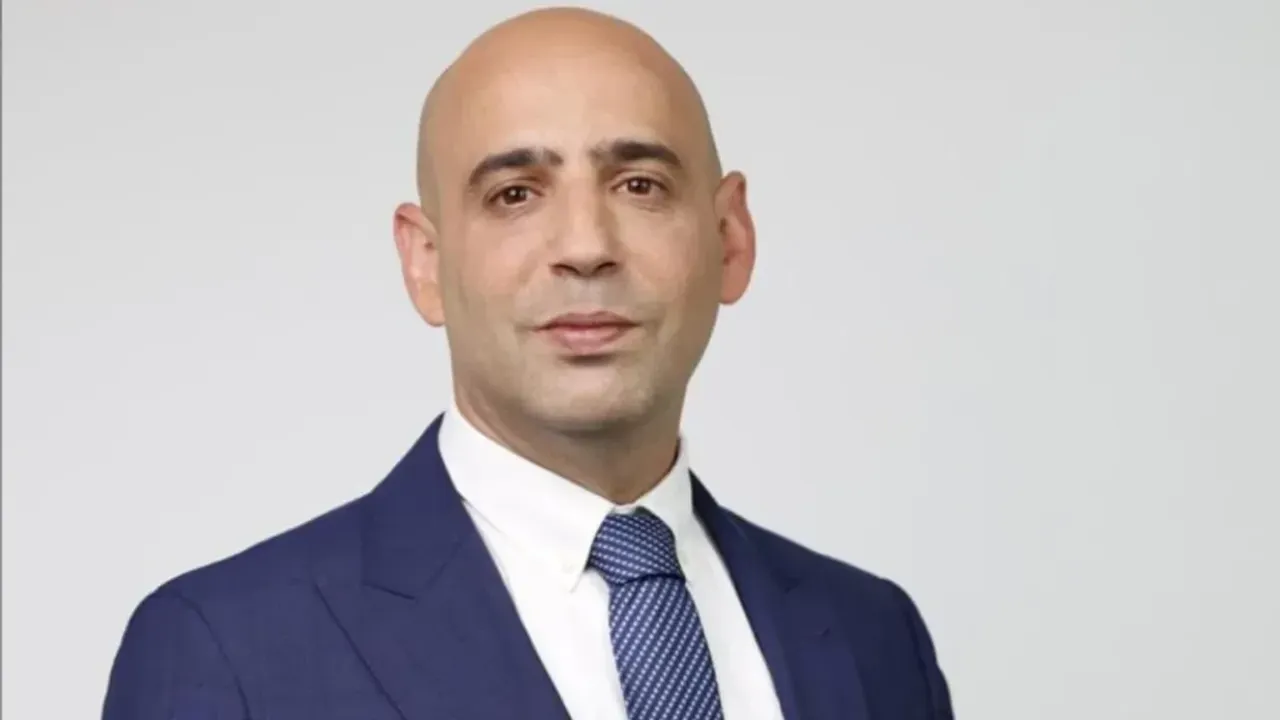İsrail’in saygın gazetelerinden Israel Hayom’da yayımlanan bir köşe yazısı, Kuzey Kıbrıs’ın İsrail için bir güvenlik meselesi haline gelebileceğini öne sürdü. Yazının sahibi uluslararası ilişkiler uzmanı Shay Gal, Türkiye’nin adadaki varlığının “ileride ciddi bir tehdit” oluşturabileceğini iddia ederek, “Gerekirse Türkler Kuzey Kıbrıs’tan çıkarılmalı” ifadelerini kullandı.
Gal, İsrail’in halihazırda Kuzey Kıbrıs’ı kurtarmak gibi bir hedefi bulunmadığını ancak şartların değişmesi halinde Yunanistan ve Güney Kıbrıs’la koordinasyon içinde askeri bir operasyon planlanabileceğini ileri sürdü. Yazıda, bu operasyonun “Poseidon’un Gazabı” adıyla anıldığı da kaydedildi.
İsrailli yazar, böyle bir senaryoda İsrail’in gelişmiş hava savunma sistemleri ve stratejik operasyon kabiliyetlerini devreye sokarak, Türk ordusunu adayı terk etmeye zorlayabileceğini savundu.
Kuzey Kıbrıs’ın Türkiye’nin kontrolünde kalmasının İsrail’in güvenlik çıkarlarını tehdit edebileceğini dile getiren Gal, “Eğer Kuzey Kıbrıs, İsrail için kritik bir tehdit haline gelirse, adadan Türklerin çıkarılması zorunluluk olacaktır” ifadelerini kullandı.
İşte ilgili yazanın tam metni:
Cyprus recently marked the 51st anniversary of Turkey’s 1974 invasion – a lasting trauma for Greek Cypriots. For decades, Israel treated this conflict as a distant Greek-Turkish issue, but must now clearly acknowledge: Northern Cyprus is not just a Greek-Cypriot problem – it is also an Israeli one. In practical terms, Northern Cyprus functions as an international no-man’s land, enabling Turkey and terrorist groups like Hamas and Iran’s Quds Force unrestricted operational freedom.
Since the invasion, which killed thousands and displaced hundreds of thousands, Turkey’s presence has quietly transformed. The area is now a forward base for Turkey’s military, hosting sophisticated weapons systems, cyber surveillance, and signals intelligence (SIGINT) infrastructure capable of intercepting both military and civilian Israeli communication, alongside covert terrorist facilities supported by Ankara. According to leaked intelligence documents, senior Turkish officials characterized Northern Cyprus as an ideal location “where anything can be done without interference by police or judicial oversight”.
Turkey can deploy armed drones from Lefkoniko airfield – converted from an abandoned airport into a drone base amid regional gas disputes – far more rapidly than from its mainland bases. Since May 2021, Turkey officially stationed armed Bayraktar TB2 drones there, and more advanced Akinci UAVs were publicly showcased at a military parade in July 2024. These UAVs can rapidly target Israeli gas rigs, naval vessels, and strategic sites. In addition, Turkey’s advanced ATMACA anti-ship missiles, with a range exceeding 200 km, could directly threaten Israeli maritime assets, including its critical natural gas platforms. Moreover, Turkey’s new Typhoon ballistic missile is capable of precisely hitting targets up to 560 kilometers away. According to Western intelligence, missile bases in Kyrenia and Famagusta are already prepared for their deployment, posing Turkey’s first direct ballistic threat to Israel, with the capability of striking Jerusalem, Tel Aviv, and Haifa Bay.
Meanwhile, the EU continues security cooperation with Ankara despite Turkey’s occupation of EU territory – a contradiction undermining EU credibility and posing risks to Greece, Cyprus, and Israel as well. Ankara’s aggressive foreign policy, marked by unlawful occupations, sanctions violations, and ties to extremist groups, aligns it with rogue regimes rather than NATO allies. Given NATO’s requirement of unanimous consent and Turkey’s strained relations within the alliance, Article 5 protection is unlikely even in unrelated conflicts, and practically impossible regarding Northern Cyprus, internationally recognized as Cypriot territory.
Yet the threat is not solely military. Lacking effective international oversight, the occupied area has become a hub for terrorism financing and money laundering, with Iranian and Turkish illicit funds flowing through shell companies to support Hamas and other terror groups. Documents seized during Operation “Guardian of the Walls” (2021) and “Iron Swords” (2023) in Gaza revealed Hamas’s plans to establish an operational branch in Turkey and Northern Cyprus, tasked with carrying out attacks against Israelis in Europe. Furthermore, in 2023, a Quds Force cell uncovered in the region planned attacks against Israeli targets in Europe. This Iranian cell underscores Northern Cyprus’s status as a safe haven for anti-Israel operations. Thus, Turkish control over Northern Cyprus enables Turkey and Iran to bypass sanctions and escalate their strategic threat against Israel. Moreover, hotels, casinos, universities, and ports in Northern Cyprus have reportedly become covert hubs for espionage, blackmail, and intelligence operations coordinated by Turkish security forces and organized crime networks, including ‘honey trap’ operations targeting international officials.
It is not Israel’s role or desire to liberate Northern Cyprus. However, if the threat from the area reaches a critical threshold, Israel’s strategic posture must shift. Israel, in coordination with Greece and Cyprus, must prepare a contingency operation for liberating the island’s north. Such an operation would neutralize Turkish reinforcement capabilities from the mainland, eliminate air-defense systems in Northern Cyprus, destroy intelligence and command centers, and finally remove Turkish forces, restoring internationally recognized Cypriot sovereignty.
This contingency plan could be termed “Poseidon’s Wrath,” named after the Greek god of the sea, highlighting maritime dominance and the devastating consequences of a worst-case scenario. The name underscores Israel’s focus on safeguarding strategic maritime assets and maintaining open sea lanes critical for regional security. This would remain a contingency plan: Israel does not seek confrontation but must remain fully prepared. The Israeli strike on Iran’s nuclear infrastructure, previously regarded as a highly unlikely scenario, was eventually executed. Turkey, currently constructing the problematic Akkuyu nuclear plant on its Mediterranean coast – a project Russia is quickly abandoning due to recognized risks – should internalize this lesson.
Shay Gal is an expert on international politics, crisis management, and strategic communications. He works internationally, focusing on power dynamics, geopolitical strategy, and public diplomacy, and their influence on policy-making.










